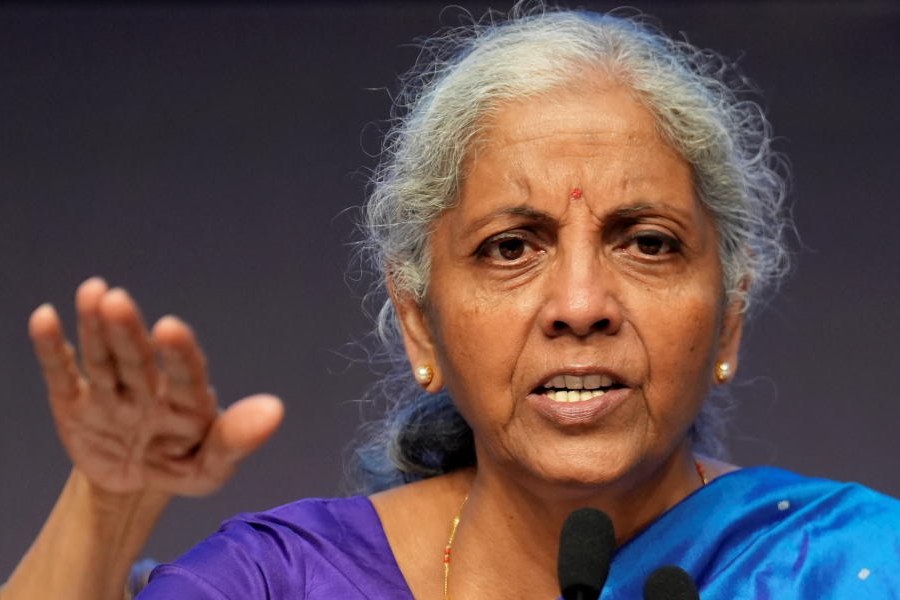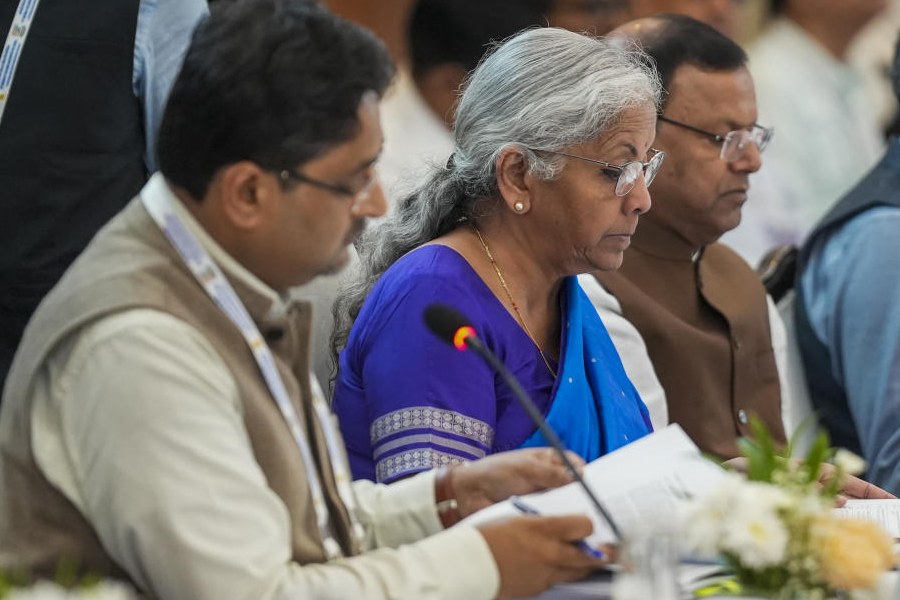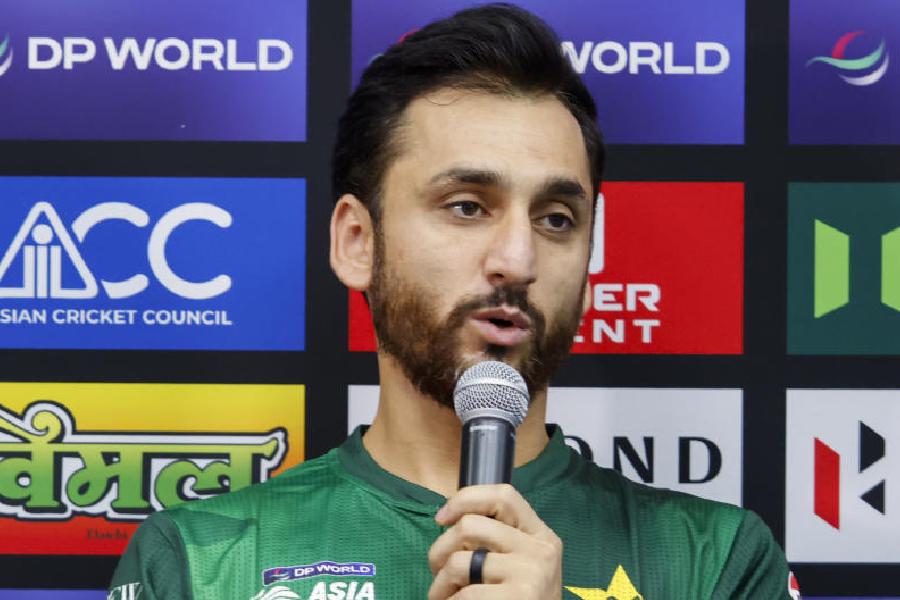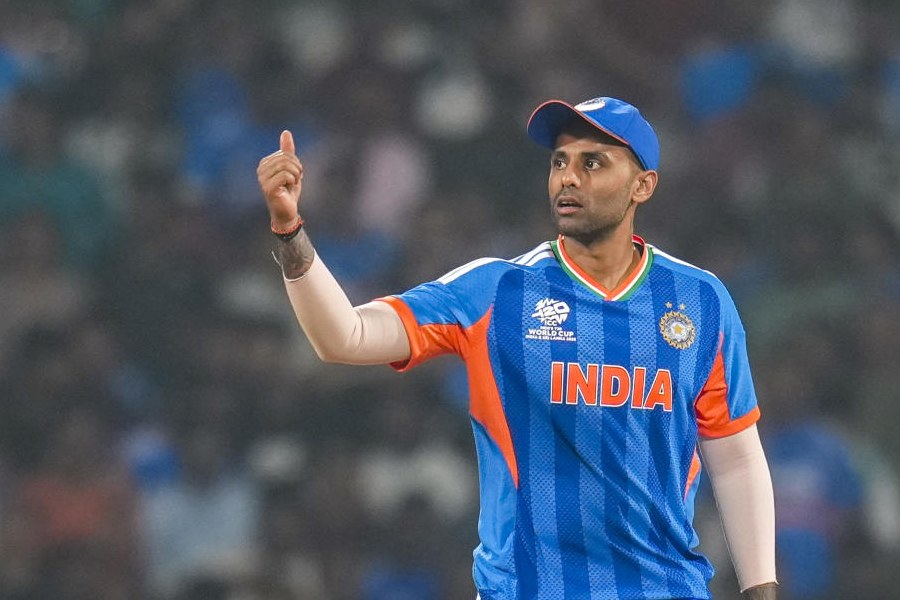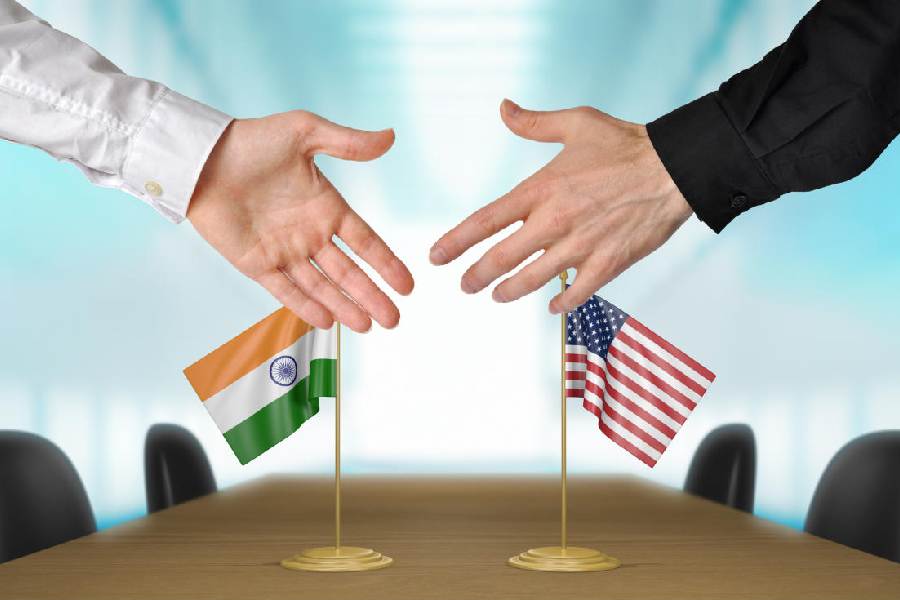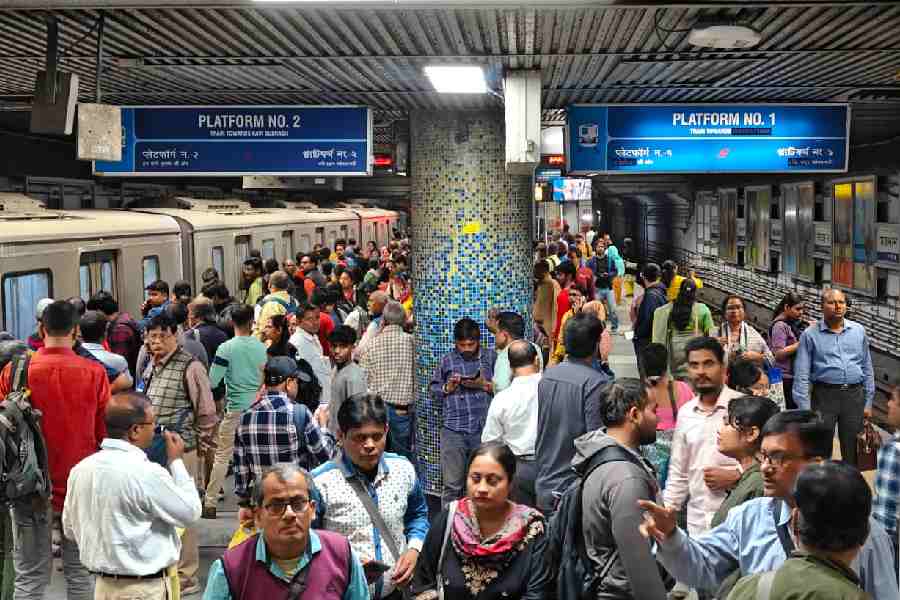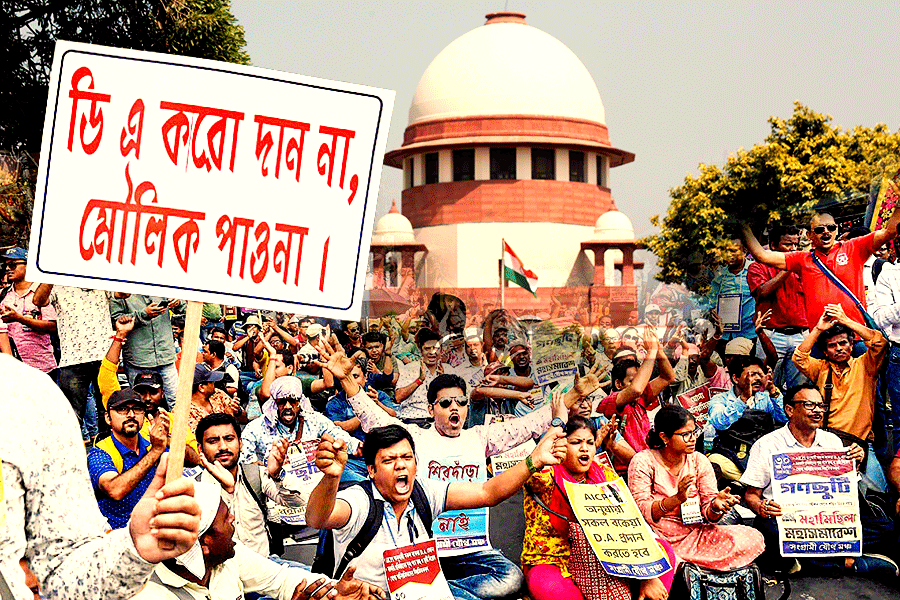The Goods and Services Tax (GST) Council has cleared a major restructuring of the indirect tax regime, moving from four slabs to a simplified two-rate structure.
After a 10.5-hour meeting in New Delhi, Union finance minister Nirmala Sitharaman announced that the Council approved rate cuts on a wide range of consumer items while introducing a higher levy for luxury and demerit goods.
“All decisions were taken unanimously, with no disagreement with any state,” Sitharaman said while briefing reporters.
Two slabs, one special rate
The GST framework will now operate on two slabs, 5 per cent and 18 per cent. A special 40 per cent rate is reserved for high-end cars, tobacco, and cigarettes. The new structure will take effect from September 22, the first day of Navratri.
Tobacco, gutkha, and related products will continue to attract 28 per cent GST along with a compensation cess until dues to states are cleared.
What gets cheaper
Daily-use unpacked food items remain exempt from GST. Items such as butter, ghee, dry nuts, condensed milk, sausages, jam, jellies, fruit juice, tender coconut water, namkeen, drinking water in 20-litre bottles, beverages containing milk, ice cream, pastries, biscuits, corn flakes, cereals, and sugar confectionery will now be taxed at 5 per cent, down from 18 per cent.
“All forms of chapati and paratha will be charged nil tax, down from the current rate of 5 per cent,” Sitharaman said.
Tooth powder, feeding bottles, tableware, kitchenware, umbrellas, utensils, bicycles, bamboo furniture, and combs will see rates reduced from 12 to 5 per cent. Shampoo, talcum powder, toothpaste, toothbrushes, face powder, soap, and hair oil will move from 18 per cent to 5 per cent.
Cement will see its rate drop from 28 per cent to 18 per cent. Motorcycles up to 350 cc, air-conditioners, dishwashers, and televisions will also move into the 18 per cent category from the earlier 28 per cent.
Individual life and health insurance policies will now be exempt from GST. “All individual life and health insurance policies will now attract nil tax in a bid to boost coverage,” Sitharaman said.
Sitharaman announced that GST on 33 life-saving drugs and medicines has been reduced from 12% to zero, reported Business Today.
What gets costlier
All petrol cars above 1,200 cc and diesel cars above 1,500 cc, longer than 4,000 mm, will attract 40 per cent GST. Motorcycles above 350 cc, yachts, aircraft for personal use, station wagons, and racing cars will also be taxed at 40 per cent.
Footwear and apparel priced up to ₹2,500 will now fall in the 5 per cent slab, up from the earlier threshold of ₹1,000. However, items priced above ₹2,500 will move into the 18 per cent bracket.
States on board, concerns remain
Bihar Deputy Chief Minister Samrat Choudhary confirmed, “All states were on board for the rate rationalisation, and it was a consensus-based decision.”
West Bengal finance minister Chandrima Bhattacharya said, “The total loss due to GST rate rationalisation would be Rs 47,700 crore.”
Jharkhand finance minister Radha Krishna Kishore raised concerns about revenue shortfall. “If the Centre agrees to compensate us for whatever loss we would incur, then we have no issues in approving the agenda before the Council. I don't think the issue will come up for voting, as in a federal structure, it is the responsibility of the Centre to compensate states for revenue loss,” he said.
Uttar Pradesh finance minister Suresh Khanna said, “No decision has been taken on the tax incidence on demerit goods, and imposing a levy over and above the 40 per cent would be decided later.”
Wider context
The GST reform follows Prime Minister Narendra Modi’s Independence Day announcement of simplifying the tax system. India’s exports to the US are currently facing tariffs as high as 50 per cent, the highest in the world. Economists estimate that the reforms could boost GDP growth by 0.5 percentage points by the second year of implementation, helping neutralise the impact of tariffs.
States hit by local challenges also raised their concerns. Jammu and Kashmir Chief Minister Omar Abdullah told the Council that the April 22 Pahalgam terror attack had severely affected tourism, handicrafts, agriculture, and horticulture. He sought Centre’s support to address the fiscal crisis.
Except for the headline, this story has not been edited by The Telegraph Online staff and has been published from a syndicated feed.

